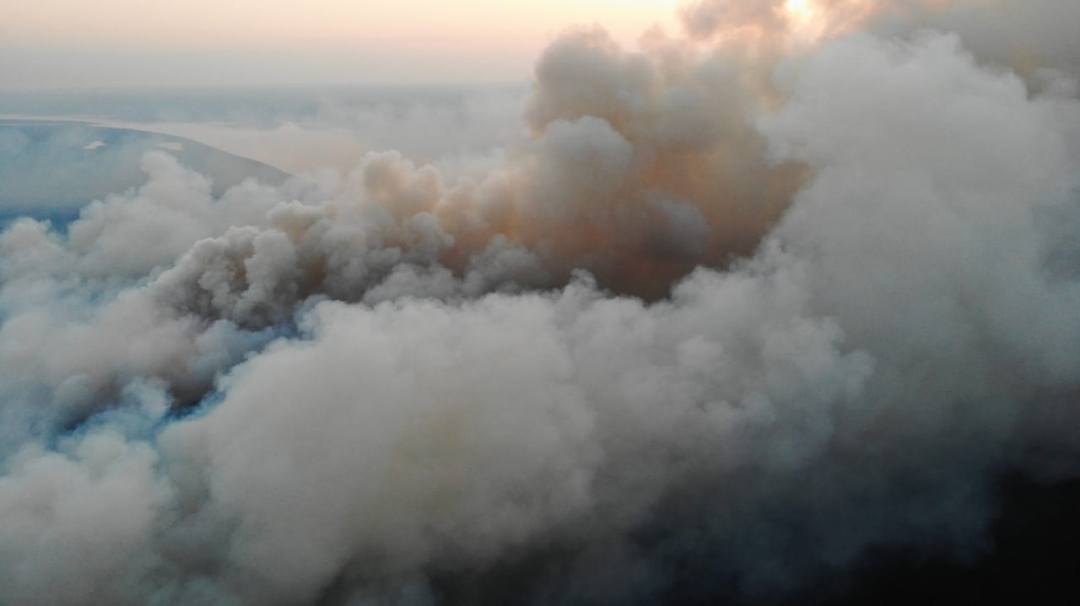All articles
-
Yemen’s FSO SAFER: it’s not if, it’s when, and the impact could be huge
The time is ticking on this potential environmental bomb, while Yemen is experiencing the world’s worst humanitarian crisis.

We are a part of nature, not apart from it. Our health, and the health of everyone we love, depends on a healthy planet.
Industrial agriculture and fossil-fuelled energy systems are poisoning our world and our bodies. But we don’t have to buy it, or pay the price for it. There are clean and healthy alternatives.
If we stop government from colluding with corporations that put their profits before our planet, we can create a healthy future for everyone.
The WHO has strengthened its guidelines incorporating new advances in research, but these targets for clean air are meaningless if they aren't addressed with government action.
This European Mobility Week, we are mobilising to demand a change in the design of our cities and towns, to reclaim space that has been gradually conquered by cars. Our cities need to be designed with a focus on climate mitigation, community, inclusion, and accessibility.
Unprecedented fires have been scorching huge swaths of eastern Russia in recent weeks, with Siberia's Yakutia region hit hardest.
At the conclusion of the G7 Summit, Greenpeace is calling for faster and more ambitious action to respond to COVID-19 and the climate emergency.
The time is ticking on this potential environmental bomb, while Yemen is experiencing the world’s worst humanitarian crisis.
Green public spaces have a multitude of benefits for people and planet.
With both World Bicycle Day and World Environment Day being celebrated in June, why not embrace the many ways we can enjoy all that the city has to offer.
As Brazil flies past the tragic milestone of four hundred thousand deaths by Covid-19, Greenpeace Brazil activists diplay 14-metre high and 92 metre-long message spelling out, “400 thousand lives” paying homage and pledging solidarity with the victims of the pandemic and their families.
Ranked as the worst nuclear disaster to date, Chornobyl is a quarter of a century older than Fukushima. But it still presents challenges that authorities haven’t figured out how to address.
Greenpeace Japan strongly condemns the decision of the of Prime Minister Suga’s cabinet to dispose of over 1.23 million tons of radioactive waste water.
Please select which cookies you are willing to store.
These cookies are required for technical reasons so that you can visit our website and use the functions we offer. These cookies are used to recognise you between successive visits and thus provide you with a better experience, storing your consent preferences and the last Greenpeace.org website visited.
We use tracking and analysis tools to ensure continuous optimisation and demand-oriented design of our website. These cookies will allow us to collect statistical and anonymised data, such as how visitors use our website or which pages are accessed most frequently, to ultimately improve Greenpeace.org and provide you with a better experience of our website.
In addition to the Performance cookies mentioned above, we may also place in your browser cookies from third-party services (e.g. Facebook or Google) to track the effectiveness of our online marketing strategies and to deliver adverts more relevant to you and your interests. These cookies may also be used to serve advertising to you after you have left our site (retargeting cookies).

